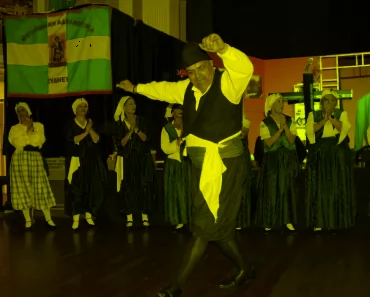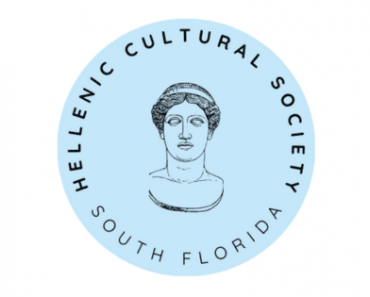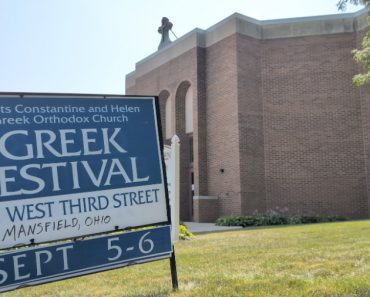
The haunting and timeless sound of the ancient Greek lyre took center stage at the Musikverein Wien during a landmark concert by the Thessaloniki State Symphony Orchestra (TSSO). In a performance that marked the orchestra’s debut at Vienna’s iconic Golden Hall, the ancient instrument served as a bridge between historical music and contemporary creation, captivating a packed audience.
The focal point of the evening was the world premiere of “Ballad of Ephesus,” a work by acclaimed Turkish composer and pianist Fazıl Say.
The composition was brought to life by Dr. Nikos Xanthoulis, an expert in ancient Greek music, whose masterful performance on the lyre provided a unique and deeply moving experience. This blend of ancient musical heritage with a modern, compelling work was not only a cultural achievement but also an artistic statement, opening new doors for Greek music on the international stage.
This historic appearance in one of the world’s most prestigious concert halls has significantly elevated the TSSO’s international profile and showcased the rich, evolving landscape of Greek musical art.
Ancient lyre: a symbol of harmony, culture, and learning
The ancient Greek lyre was a stringed musical instrument, similar to a small harp, and was one of the most important and revered instruments of the classical world. It was a symbol of harmony, culture, and learning.
The lyre was not only used for musical performance but also for accompanying recitations of poetry, particularly epic poems by Homer like the Iliad and the Odyssey. It was closely associated with the god Apollo, who represented music and the arts.
The lyre’s cultural significance extended beyond music. It was a central part of Greek education and was seen as essential for cultivating a well-rounded and virtuous character. Learning to play the lyre was a standard part of a nobleman’s education, as it was believed to instill discipline, grace, and an appreciation for beauty.
Related: The Adventurous Journey of an Ancient Greek Lyre







